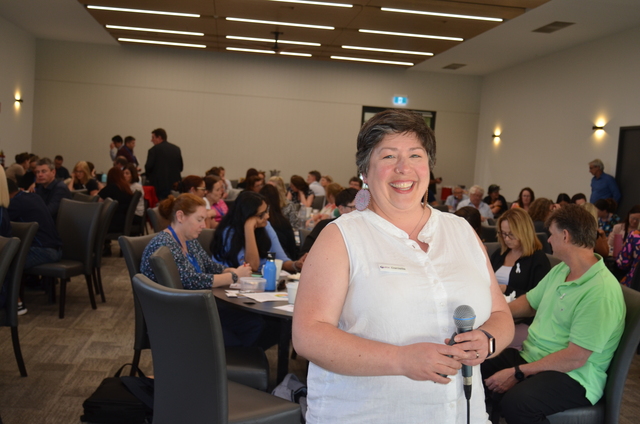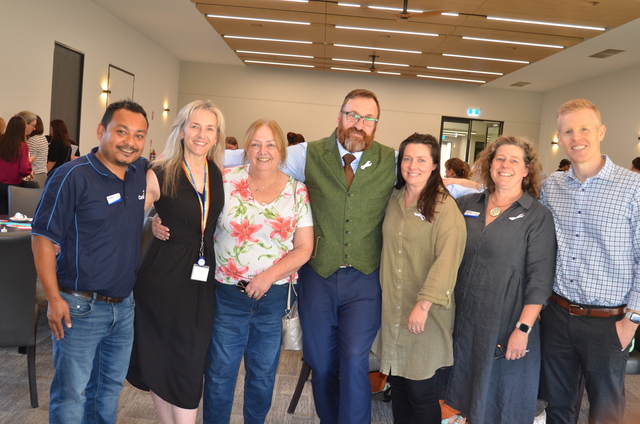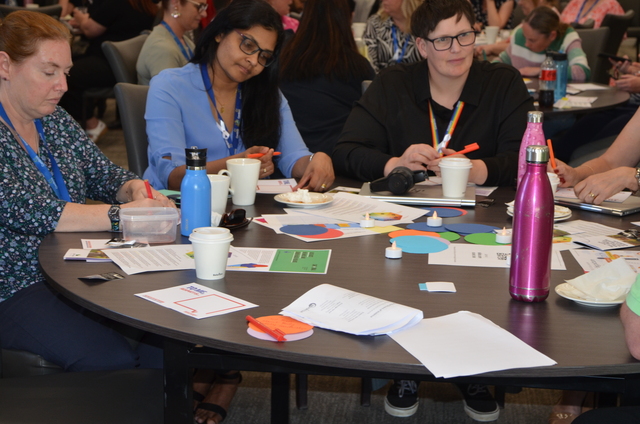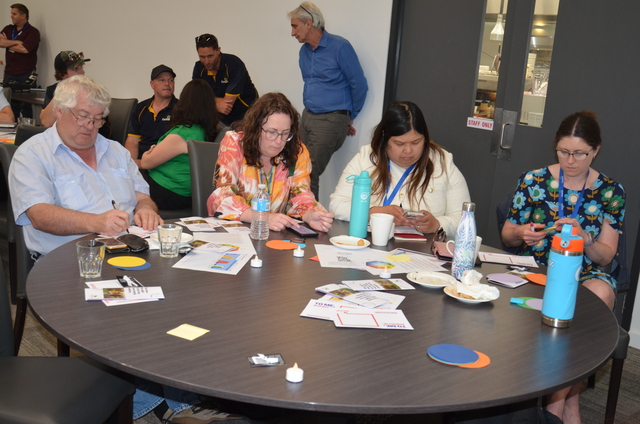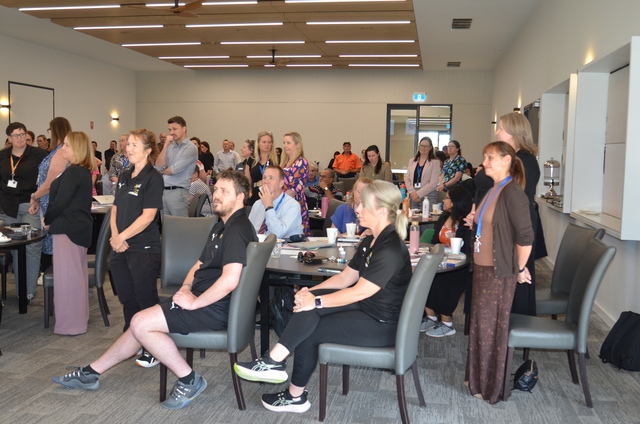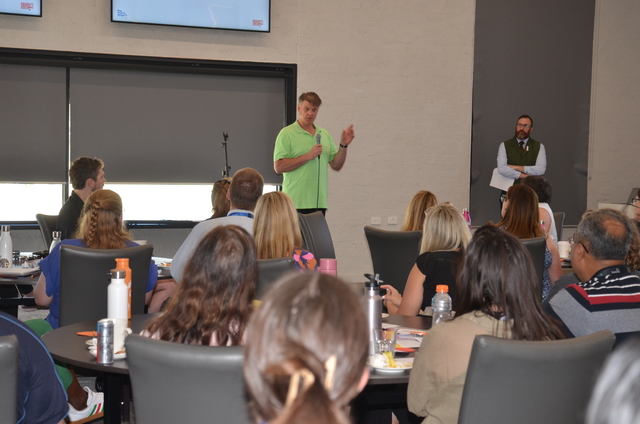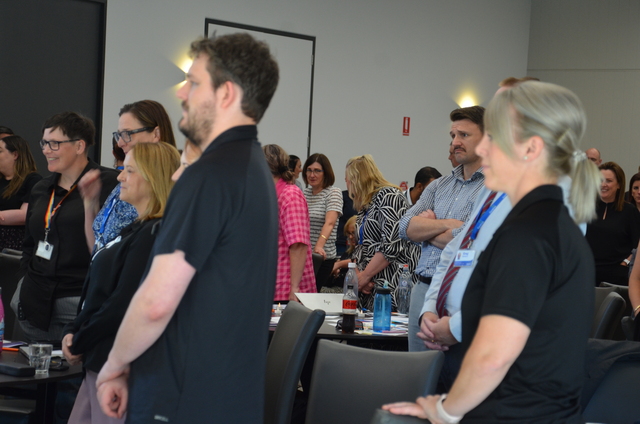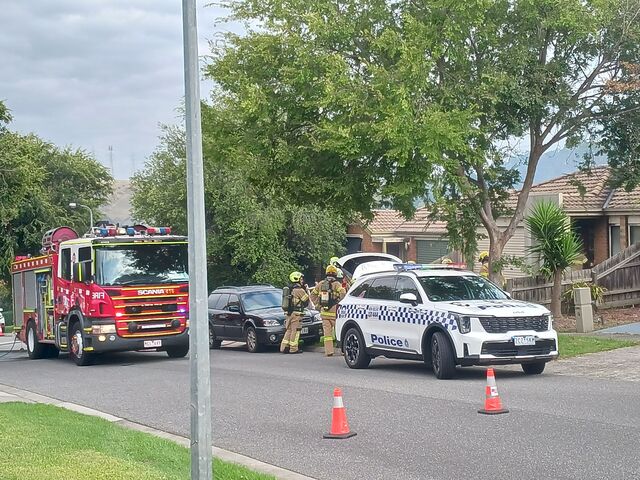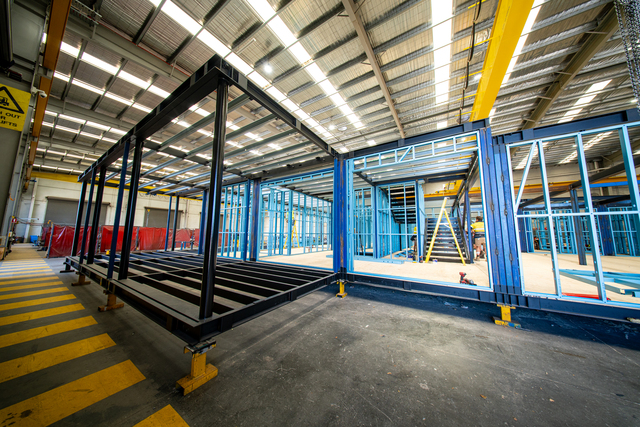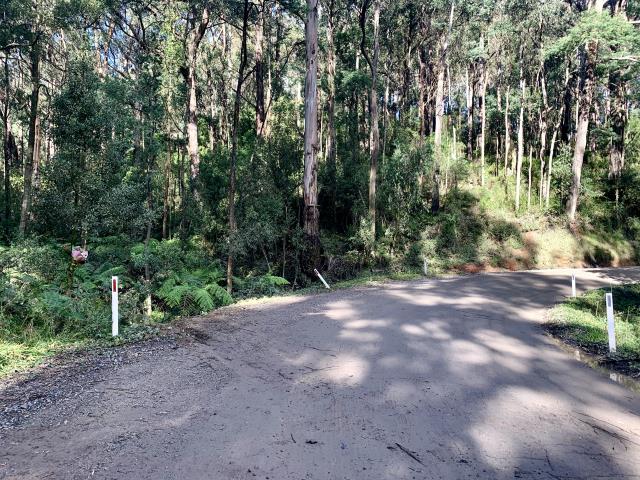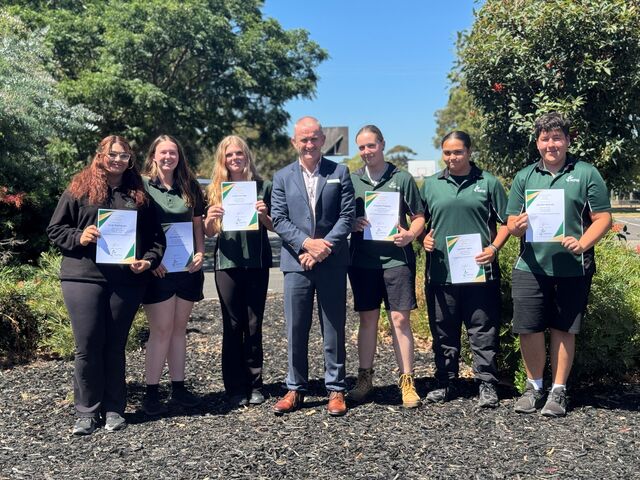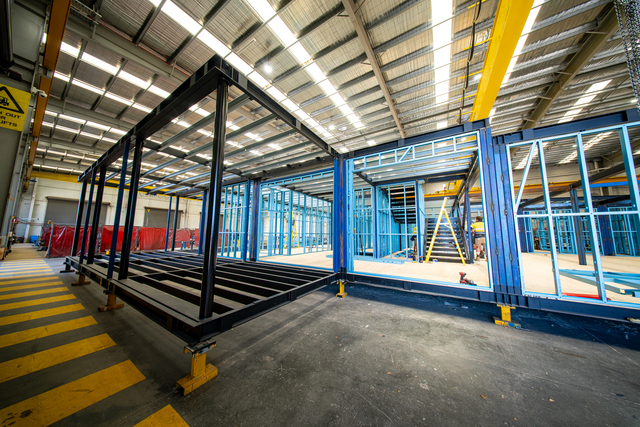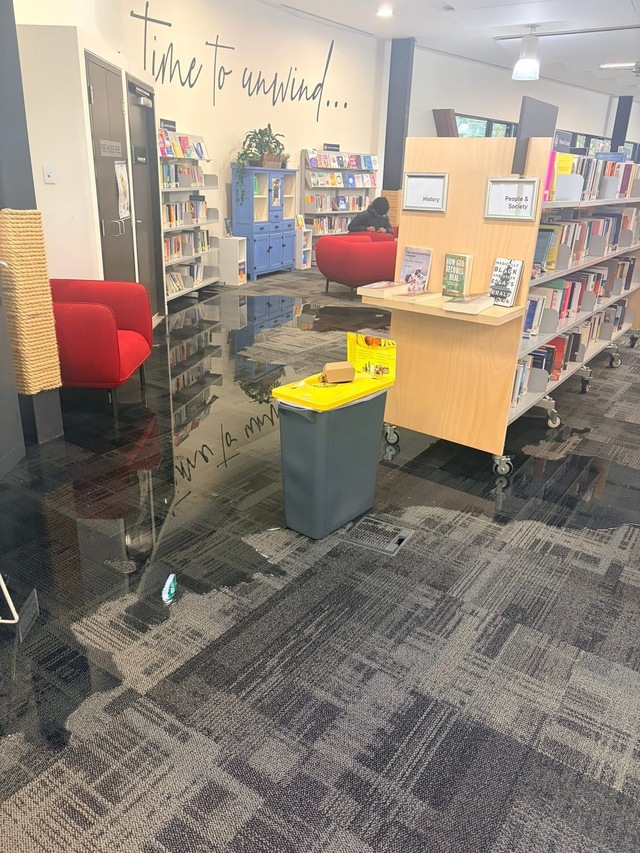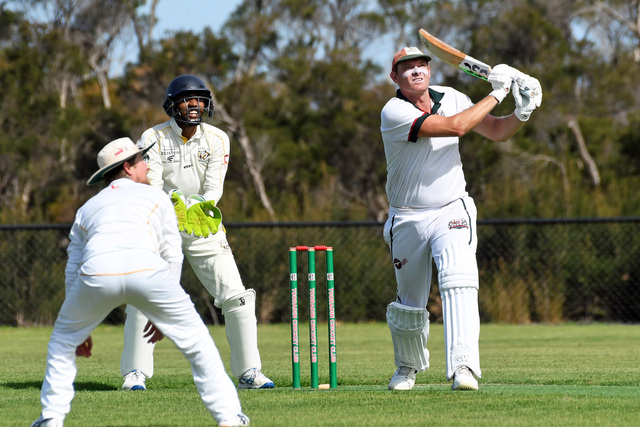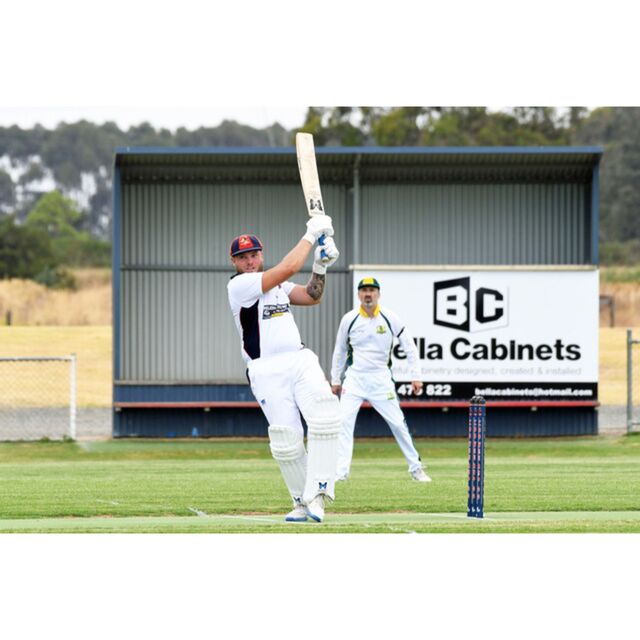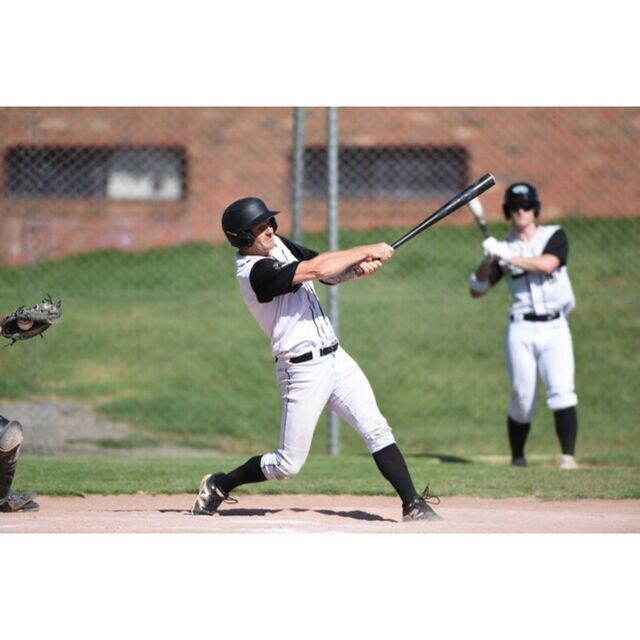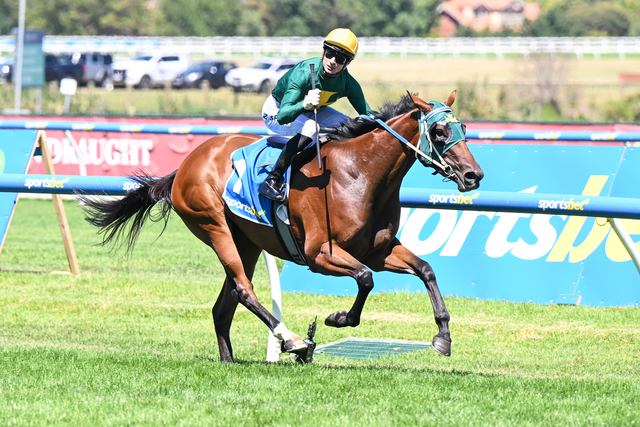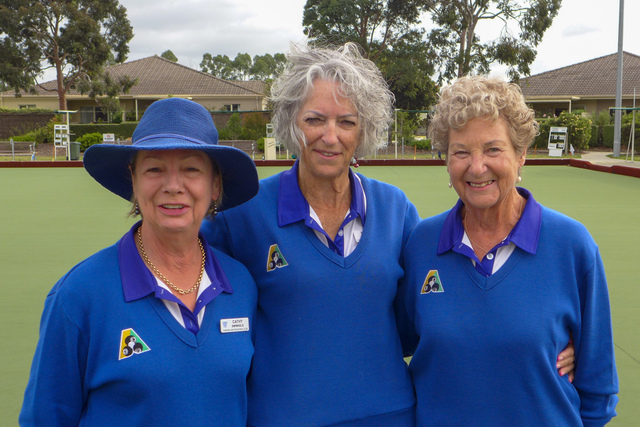During White Ribbon Month and the 16 Days Activism, Cardinia Shire Council, Aligned Leisure and Outlook Australia joined forces to raise awareness against gender violence, which affects too many in the Cardinia Shire.
They held an annual event on 16 November at Pakenham’s Deep Creek Golf Club, attracting residents and visitors wanting to make a tangible difference in the community.
Cardinia Leisure manager Paige Kristalyn said it’s not a women’s and children’s problem to tolerate the violence.
“We’re here to promote gender equality and continue the conversation,” she said.
“White Ribbon is the world’s largest movement engaging men and boys to build an understanding that they play a central role in ending gendered violence.“
Cardinia Shire has been a White Ribbon Accredited Organisation since 2016.
The event featured guest speaker Brett Phillips – Jesuit Social Services who presented on the findings of the Man Box Survey 2024. The second Man Box Survey, published in 2024, is a comprehensive study that focuses on the attitudes to manhood and the behaviours of Australian men aged 18 to 45.
The study helps everyone to understand the social pressures men feel to comply with certain behaviours and attitudes about masculinity, and what this means in relation to violence supporting attitudes, intimate partner violence and men’s well-being.
Brett Phillips has been the manager of the targeted early intervention with at-risk boys and young men to reduce violence program within The Men’s Project at Jesuit Social Services for the past two years.
The program aims to reduce the use of violence, and leading indicators related to the use of violence, among at-risk boys and young men by piloting different early intervention approaches to prevent the use of violence by challenging harmful gender norms, promoting more flexible ideas about what it means to be a man, addressing violence-supportive attitudes and behaviours, and building skills as well as strategies that can contribute to reducing violence.
Danielle McAffrey from Women’s Health in the South East then delivered a thought provoking activity about what we can all change in our day to day life that could potentially support the prevention of family violence, knowing that the prevention of violence against women (PVAW) is about stopping violence before it starts.
“The evidence is very clear that violence against women, including coercive control is driven by gender inequality and worsened by other forms of discrimination and systemic power inequity,” Paige said.

